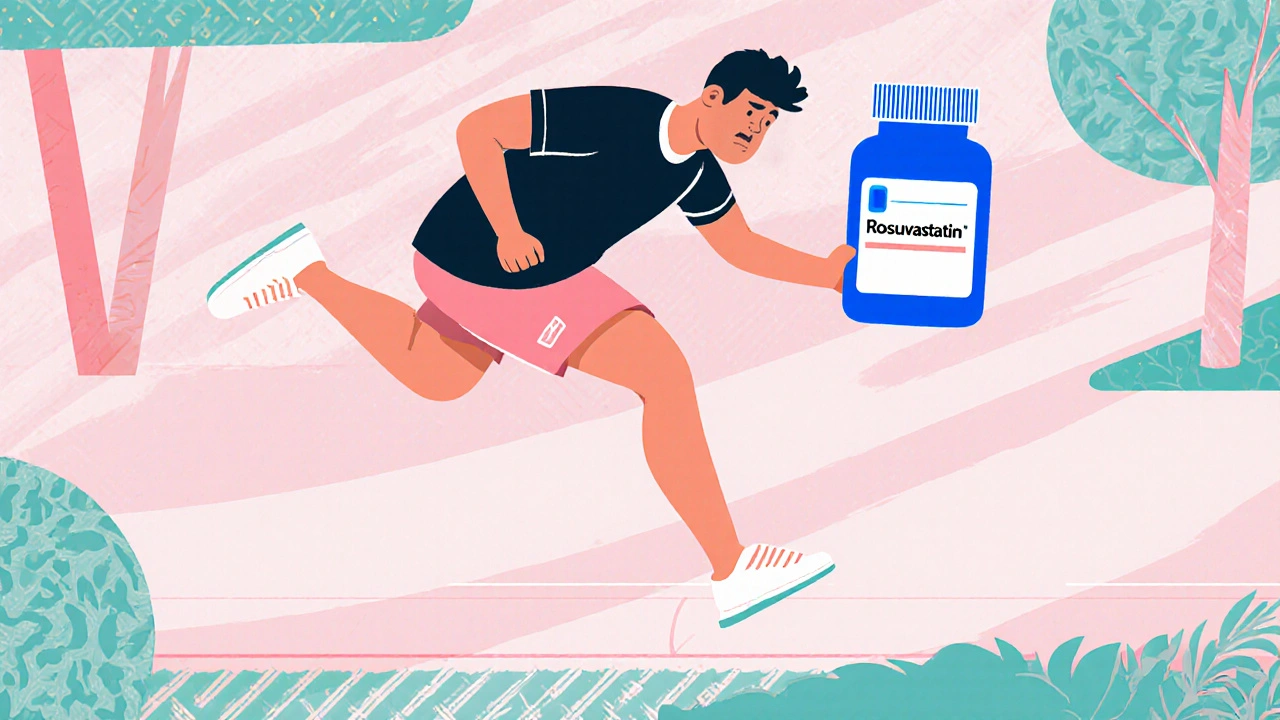Creatine Kinase: What It Is, Why It Matters, and What Your Levels Reveal
When your muscles work hard—or get injured—your body releases an enzyme called creatine kinase, a protein found in muscle tissue that helps convert energy for muscle contraction. Also known as CK, it’s one of the first things doctors check when they suspect muscle damage, a heart attack, or even a severe condition like rhabdomyolysis. This isn’t just a lab number—it’s a direct signal from your body telling you something’s off.
There are three main types of creatine kinase: CK-MM (mostly in skeletal muscle), CK-MB (mostly in heart muscle), and CK-BB (mostly in the brain). When you see a blood test showing high CK, the real question isn’t just "is it high?"—it’s "which type is up?" If CK-MB is elevated, it could mean your heart muscle is damaged, like after a heart attack. If CK-MM is way up, you might have crushed a muscle from intense exercise, trauma, or even a rare disorder. And if CK-BB spikes, it might point to a brain injury or stroke. Doctors don’t look at CK alone—they combine it with symptoms, ECGs, and other tests to make sense of it.
High creatine kinase levels don’t always mean something serious. A marathon runner or someone who just did a brutal leg day might have CK levels ten times higher than normal—no harm done. But if you’re weak, have dark urine, or chest pain along with high CK, that’s a red flag. Conditions like rhabdomyolysis can turn muscle breakdown into kidney failure if ignored. On the flip side, low CK levels aren’t usually a concern unless you’re losing muscle mass from long-term illness or nerve damage.
The posts below dive into real cases where creatine kinase played a key role—like how muscle damage from drugs or extreme exertion shows up in labs, how heart attacks are confirmed using CK-MB, and why some people with chronic conditions have weirdly high or low levels. You’ll find practical guides on what to do if your CK is out of range, how to tell if it’s harmless or dangerous, and what other tests doctors use to connect the dots. No fluff. Just what you need to understand what your numbers really mean.
Rosuvastatin and Muscle Pain: Essential Facts & Action Steps
Discover why rosuvastatin can cause muscle pain, who’s at risk, how to spot symptoms, and practical steps to manage side effects while staying heart‑healthy.
© 2026. All rights reserved.

